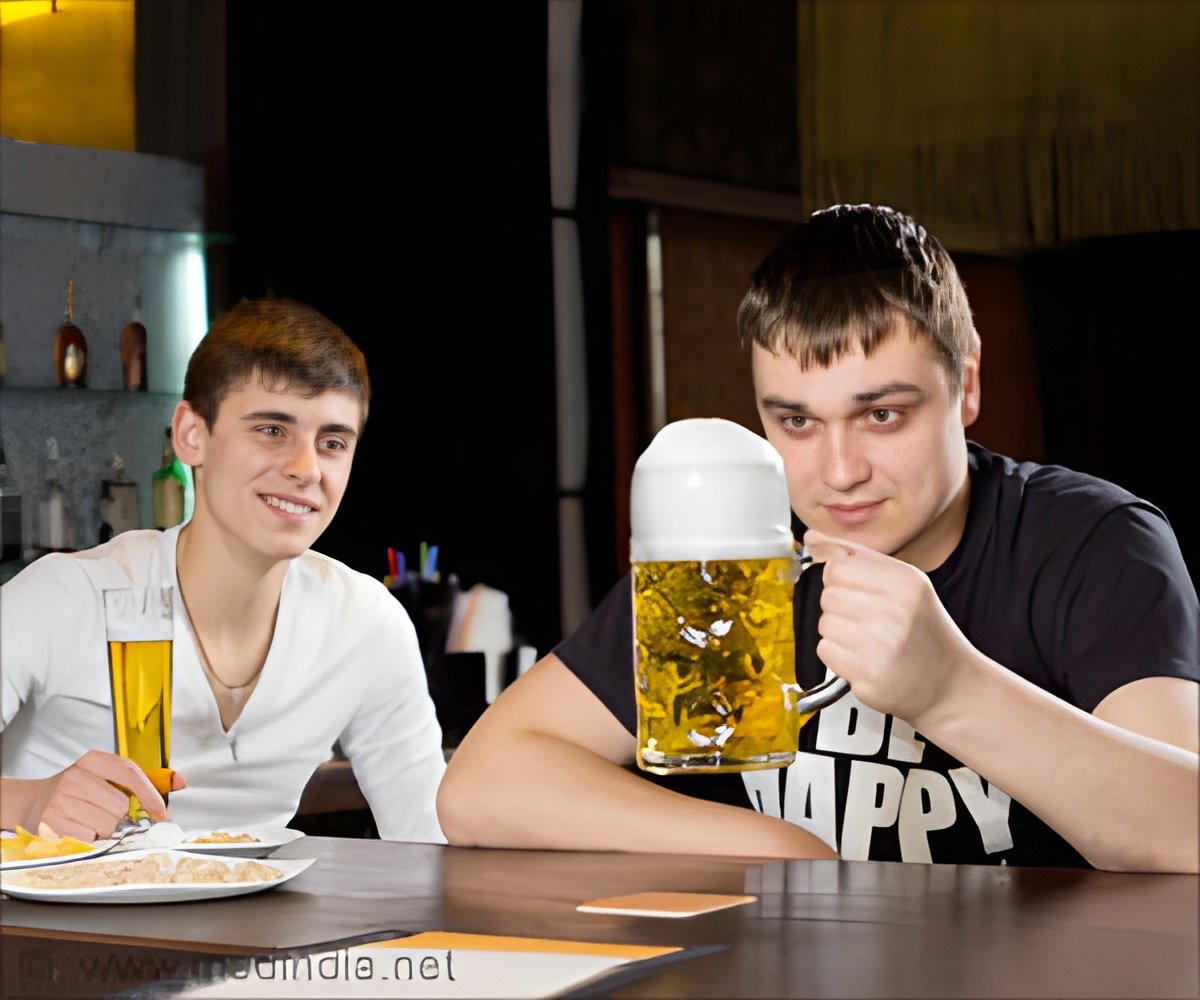
They found that alcohol consumption alters the structure and function of neurons in the dorsomedial striatum, a part of the brain known to be important in goal-driven behaviors.
Using an animal model, the researchers determined that alcohol actually changes the physical structure of medium spiny neurons, the main type of cell in the striatum. Each neuron has one of two types of dopamine receptors D1 or D2. The D1 neurons are informally called part of a "go" pathway in the brain, while D2 neurons are in the "no-go" pathway.
The team found that periodic consumption of large amounts of alcohol acts on D1 neurons, making them much more excitable, which means that they activate with less stimulation. That is to say, when neurons with D1 receptors are activated, they compel you to reach out for another bottle of tequila. This then creates a cycle, where drinking causes easier activation which causes more drinking.
"If these neurons are excited, you will want to drink alcohol. You'll have a craving. Even though they're small, D1 receptors are essential for alcohol consumption," said lead author Jun Wang.
The alcohol-consuming animal models with the increased mature spines in D1 neurons also showed an increased preference to drink large quantities of alcohol when given the choice. The findings were published in the Journal of Neuroscience.
Advertisement















